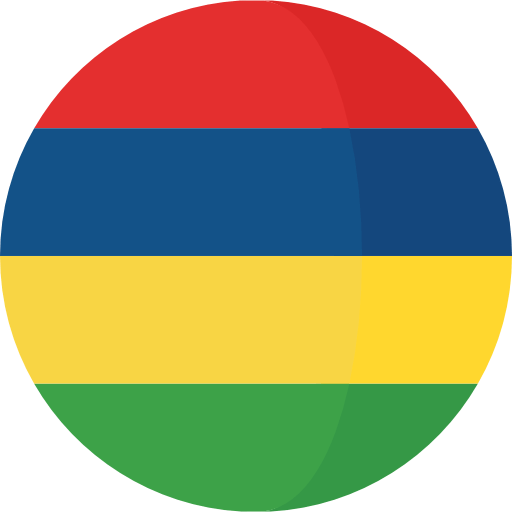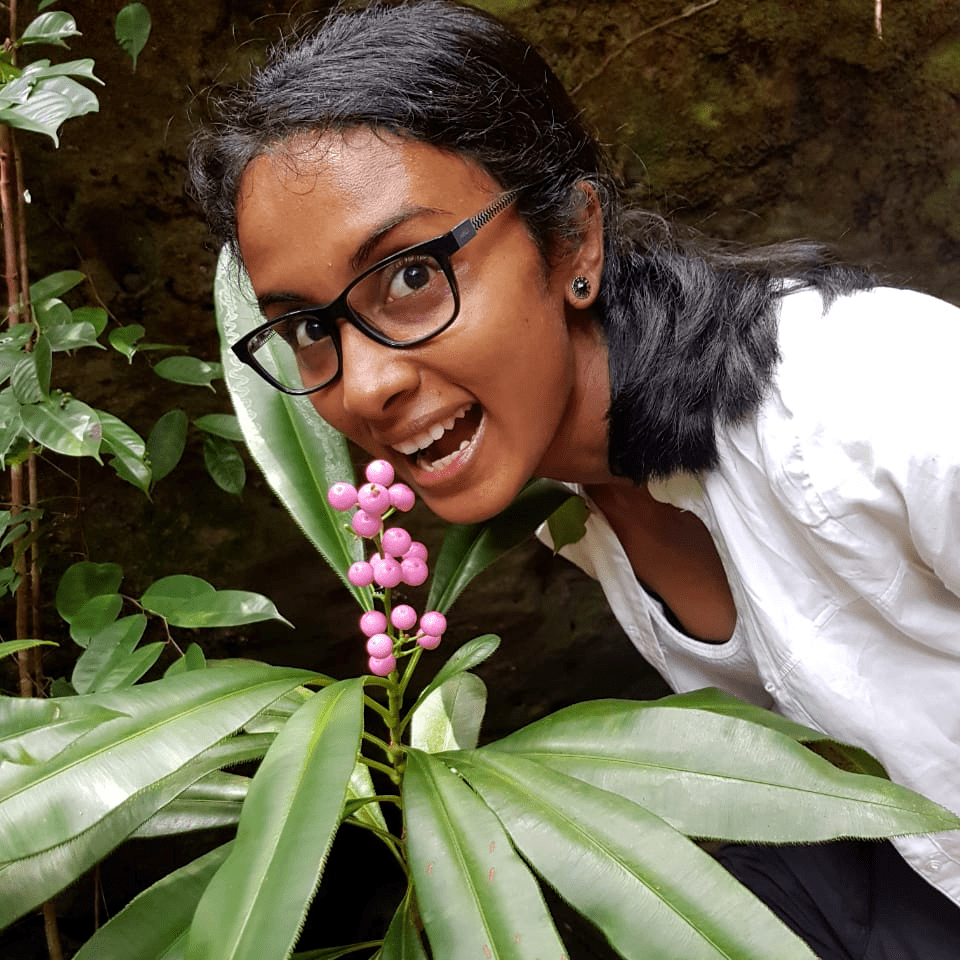What is your educational background?
I graduated with a BSc (Hons) Biology in 2014 at the Faculty of Science of the University of Mauritius. I started a part-time MPhil/PhD by research programme in December 2015 at the same faculty and I got upgraded to the PhD programme in May 2019 which I am now enrolled in.
What is your current occupation?
I am working as part-time research assistant at the Alliance of Bioversity International and CIAT, on a Darwin Initiative funded project called “Bridging agriculture and environment: Southern Africa crop wild relative regional network” whereby I provide technical scientific support to our partners from Malawi, Tanzania and Zambia. Within the project, I am also helping in capacity building of the national focal points of the 16 SADC countries to carry out conservation planning of crop wild relatives and I am contributing in the elaboration of a harmonization document on access and benefit sharing of in situ plant genetic materials within the SADC region. Regarding my PhD, I am working on a Mauritius endemic monospecific genus Roussea, which is highly threatened with extinction. The objective is to research its ecology, in particular to hierarchise the different factors that are driving the species’ decline, to better inform and coordinate its conservation and to serve as model for other island plants facing similar situations. For instance, I am carrying out quantitative manipulative experiments to evaluate the impacts of invasive alien vertebrates (e.g. rats) on Roussea’s pollination mutualism and how invasive alien plants affect its fitness so as to recommend adequate control measures to address these impacts.
What or who got you into STEM?
I always had a keen interest in nature and fascination of understanding how nature functions. My mother and teachers at college were the ones who inspired and motivated me to study biology. My main influence to pursue Ecology and Conservation was Dr Vincent Florens at University, during my undergraduate study, whereby he passed on his passion for biodiversity and the urgency and necessity to work towards its sustainability and conservation to us during his interesting lectures. He finally became my mentor and PhD supervisor who is pushing me through the experience and whose guidance is helping to bring my contribution to the field. At my work, my supervisor, Dr Ehsan Dulloo has played a great role in directing me to shaping my career as a young scientist in the field of conserving biodiversity for sustainable use, especially for agricultural and food security.
What is the biggest challenge/barrier you have faced as an African in STEM?
Coming from a small island, in the middle of nowhere, one often feels isolated, especially when it comes to the scientific field where collaborations and networking are key assets to make one’s work valued. I have however had the privilege to be part of several capacity building courses and international conferences, which not only allowed me to travel and meet like-minded people, but also, I had the opportunity to broaden my social network while improving on my soft skills. I think being proactive and making the best of a difficult situation is the way to face challenges and nothing is impossible when you have the will to achieve it.
How do you think your background/upbringing has been beneficial in your journey/career?
The values that I have been inculcated since my childhood, like honesty, hard work, empathy and compassion have been very crucial in shaping my journey. Knowing that I form part of a team on which I can rely and who can rely on me for help and my mentors for guidance has played a great role in building self-confidence and motivation to pursue my journey with its ups and downs with much ease so far.
.
How do you think we can start to change the narrative surrounding African contributions
to global STEM research & careers?
We need more visibility and make our work and voices heard to the larger community and show that despite our limited resources and means, we can still come up with sound scientific questions and evidence-based, high quality results. We all should seize opportunities to showcase our capacities and not fall under the shadows.
What advice would you like to give to young, aspiring Africans in STEM?
To be daring, confident and proactive by seizing all the opportunities that come their way to improve, to learn new skills, to adapt to succeed.
Do you have any projects you’re working on that you would like us to highlight?
I am an active member of two non-governmental organisations, namely Nature Yetu and Friends of the Environment. Nature Yetu is working towards educating young Mauritians and the Global South community at large on the importance of environmental issues, on advocating for nature-based solutions and doing scientific communication. Friends of the Environment has as main project the revegetation of a semi-dry forest using native plants and creating a green space amid the bustling capital city of Mauritius.





